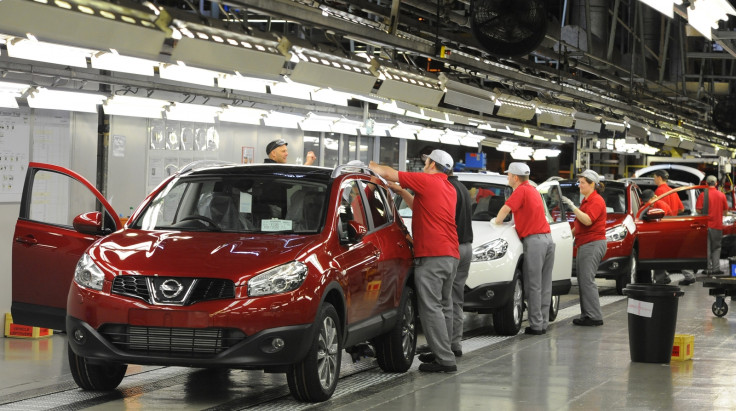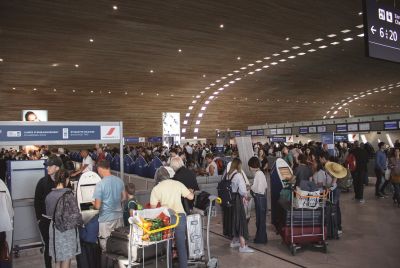Nissan asks UK to invest £100m in car parts industry or risk future of its Sunderland plant
The company says the cost of car parts being sourced from overseas could go up amid potential tariffs post Brexit.

The UK government must invest £100m ($123.67m) to £140m in the country's car parts industry. Failing to do so, could risk the closure of Nissan's Sunderland plant, a senior executive of the Japanese firm has said.
In a meeting with MPs on the International Trade committee, Colin Lawther, head of European manufacturing at Nissan, explained the gravity of the situation. He said Nissan UK is currently sourcing 85% of its components from Japan, China and Europe as they are no longer available in the country. He added that the cost of the components could go up amid potential tariffs under WTO rules post Brexit. This, he said, would make its cars costlier and manufacturing in the UK unviable.
To avoid such a situation, Lawther suggested that the UK build an indigenous, high-tech car components sector. This, he said, would help Nissan and other car manufacturers in the UK to replace components they are currently sourcing from overseas markets, after the country leaves the EU.
While high-tech parts such as parking cameras, electronic and brake control units are being sourced from Japan, alloy wheels are coming from Germany and a few others are from China and the eurozone. A local plant could be set up to manufacture these items, he said. "From Nissan alone, we would like to spend something like £2bn or more per year on parts from the UK, assembled in the UK," he added.
Lawther said Nissan uses about 5,000 components in an average car, some of which cross the borders as many as 30 times. Considering that its Northeastern plant produces two vehicles a minute and uses about five million parts every day, he said every minute is factored into its business costs.
"Take Sunderland. We hold about half a day's stock inside the plant itself, and that's continuously replenished. Every day we use about 5m parts; 5m have to come into the plant, they have to get fitted to the right car and we build two cars every minute. We talk about minutes; we're talking two, three, four, six minutes' downtime a day interruption is a disaster," Lawther was quoted as saying by the Guardian.
© Copyright IBTimes 2025. All rights reserved.





















